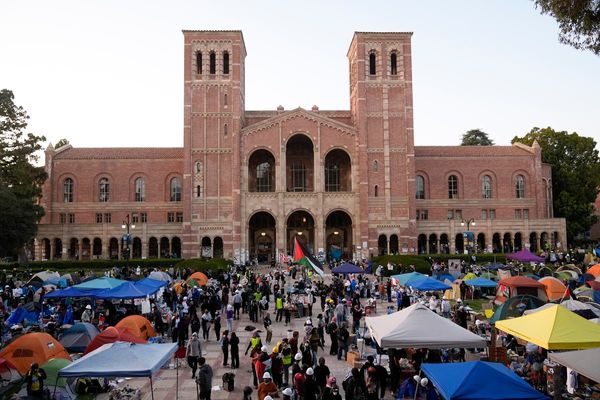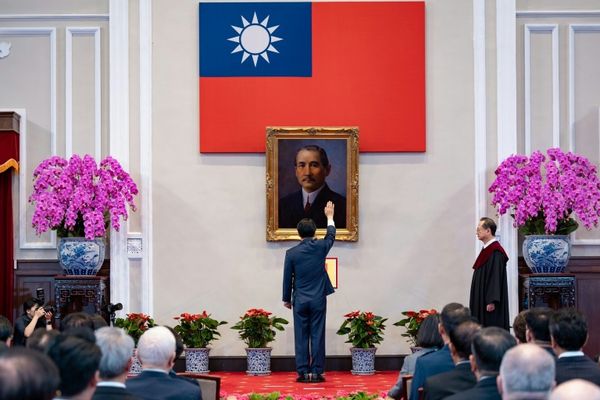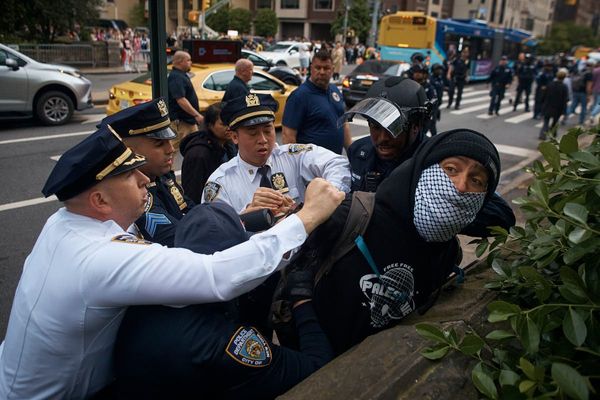
Croatia's Constitutional Court has made a significant ruling following the inconclusive parliamentary election held this week. The court has banned President Zoran Milanovic from becoming prime minister if his center-left party manages to secure a majority.
The election results saw the governing center-right Croatian Democratic Union (HDZ) winning the most votes but falling short of a ruling majority. Milanovic's Social Democratic Party (SDP) finished second and is also attempting to form a coalition in the 151-member parliament.
The ruling by the Constitutional Court came after Milanovic announced his intention to run for prime minister, despite being warned by the court last month that he needed to resign first. The court's decision stated that Milanovic's actions and statements had disqualified him from holding the position of prime minister.
Milanovic and the SDP have contested the court's ruling, arguing that the will of the people should determine the next prime minister, not the judiciary. They have called on other opposition groups to help form a new government without the HDZ.
The election outcome showed HDZ winning 61 parliamentary seats, SDP securing 42 seats, and the far-right Homeland Movement emerging as a potential kingmaker with 14 seats.
The political standoff between Milanovic and current Prime Minister Andrej Plenkovic has been a focal point of the election, with implications for Croatia's future direction, particularly in relation to EU policies and potential pro-Russia influences.
The court's decision has sparked criticism from some opposition politicians, who allege that the court is influenced by the ruling conservatives. Former Prime Minister Jadranka Kosor and leftist politician Dalija Oreškovic have raised concerns about the court's independence.
Croatia, which became an EU member in 2013, is set to hold a presidential election by the end of the year, further adding to the political landscape of the country.







